Photo Credit:
note thanun on Unsplash
Contents:
For Library Books
Transitioning
Advocacy & Rights
Funding
Explaining Autism to Non-Autistic Peers
Navigating High school
Post-Secondary
Resources for Educators
For Library Books
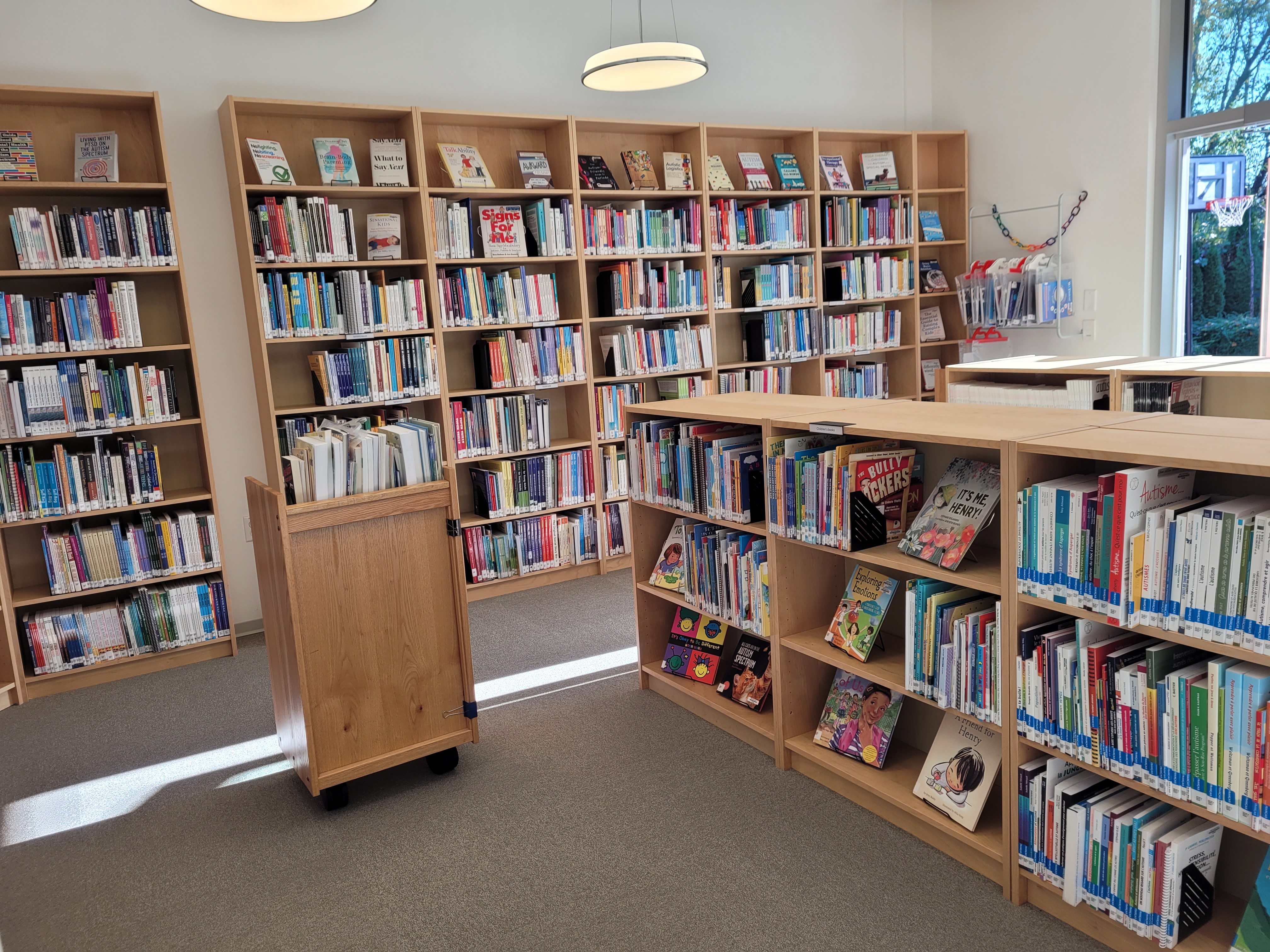
AIDE Canada Library offers a large collection of print and digital (eBook and audiobook) resources. For each of the resources below, we have included links to all available formats.
If you would like to borrow a print copy of one of these books, you can order it through our
free Canada-wide borrow-by-mail service.
eBooks and audiobooks can be borrowed online – just sign into our
overdrive
website or the
Libby
reading app using your AIDE Canada Library username and password. Visit the
Library website
to learn more. Questions? Email us at
library@aidecanada.ca
.
Explore all books related to autism and education.
Transitioning

Is your child facing a transition this upcoming school year? Whether they are moving from kindergarten to grade one, junior high to high school or high school to post-secondary, there are a lot of ways you can help them prepare for the transition.
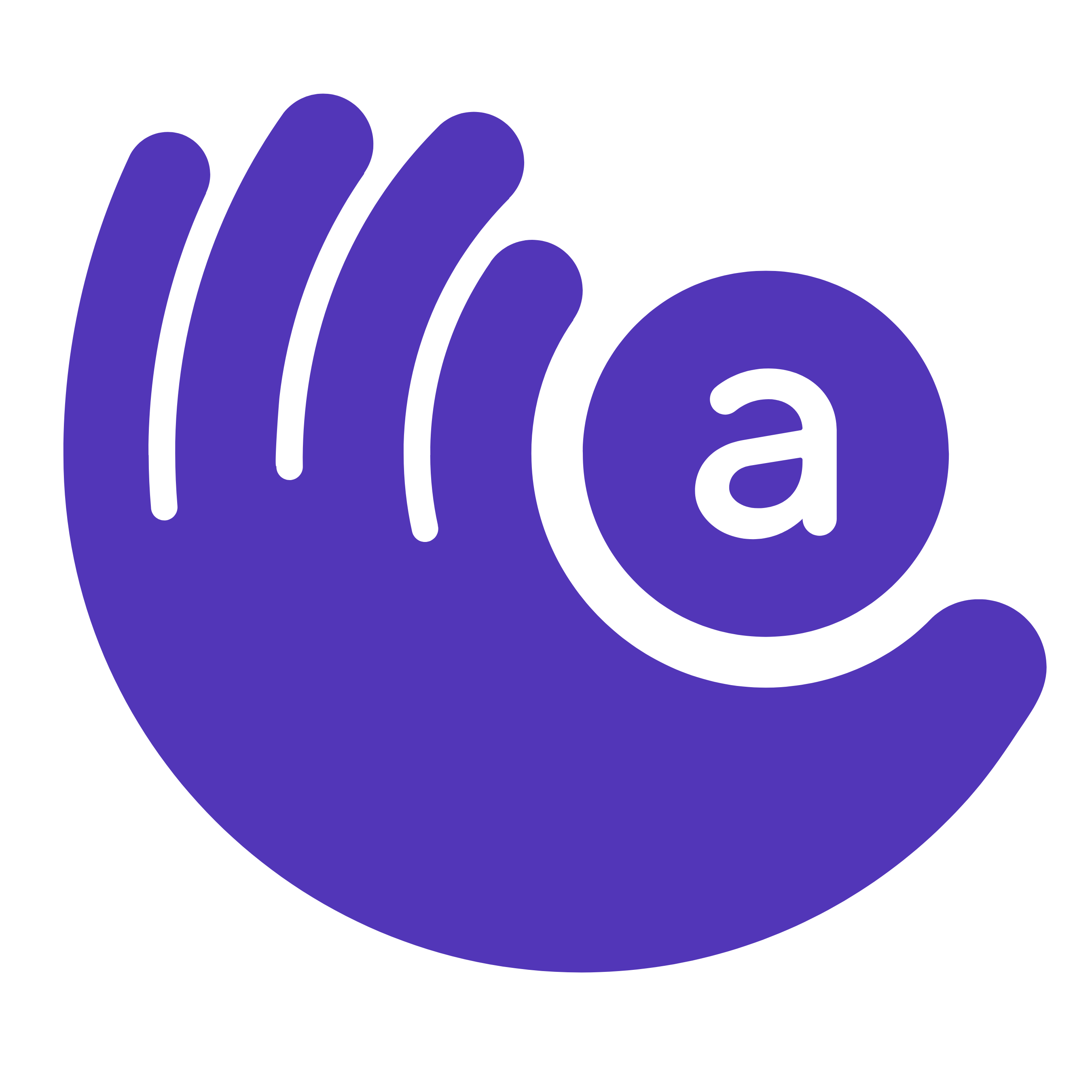
These videos provide advice on accessing support within higher education environments. Each speaker shares tips regarding the appropriate sources of support and practical methods for obtaining assistance.
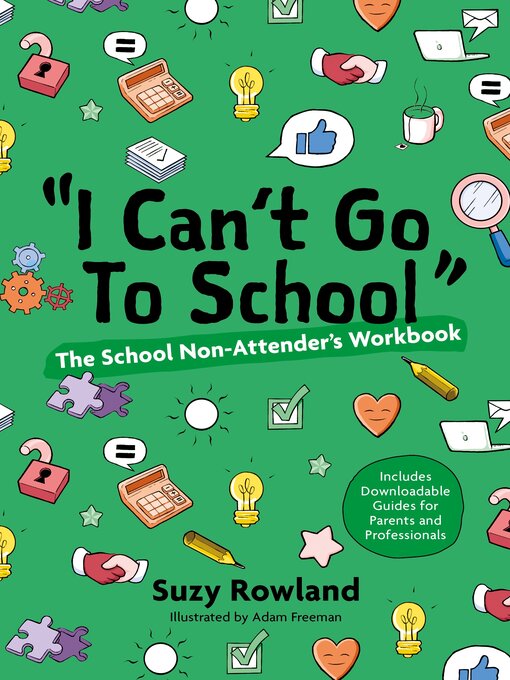
Summary:
This eBook is a workbook for tweens and teens 11 to 18 who have a tough time going to school due to anxiety. It uses stories, self-care, and Cognitive Behavioral strategies to help kids understand and overcome their fears.
Borrow eBook
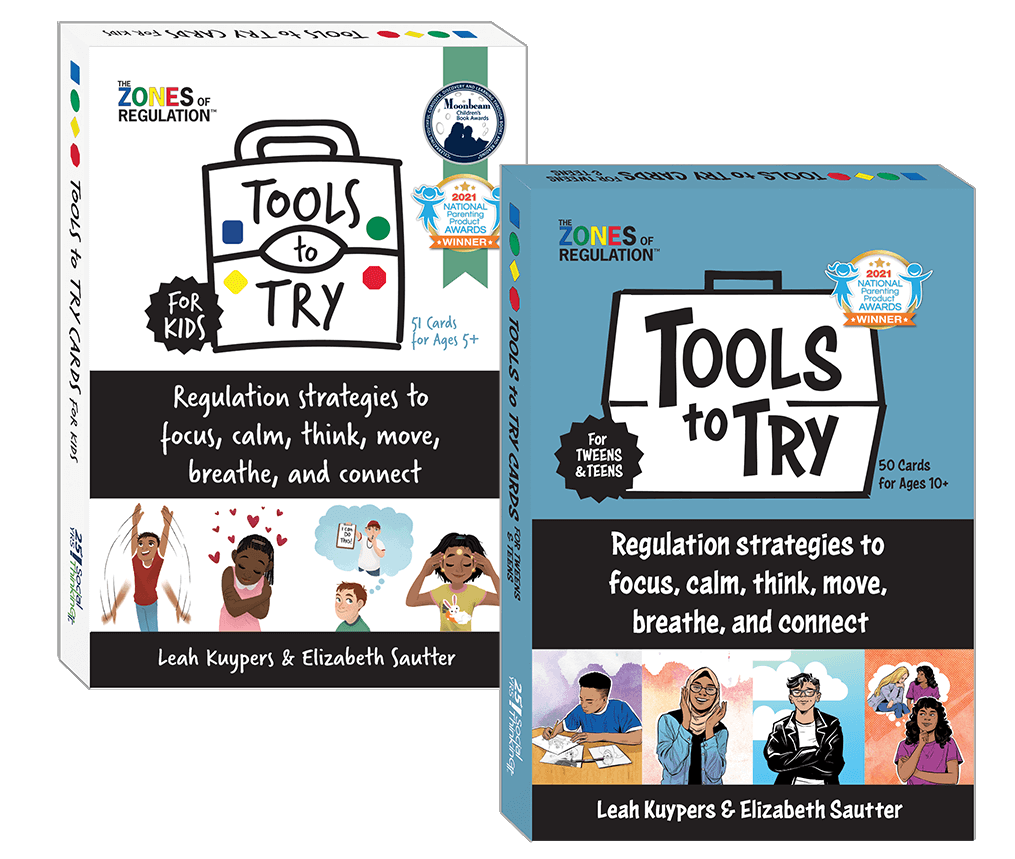
by Leah Kuypers & Elizabeth Sautter (2020)
Summary:
The beautifully illustrated Tools to Try card decks from Social Thinking Publishing present a variety of regulation tools and strategies for kids and teens. They expand on the self-regulation strategies introduced in the book,
The Zones of Regulation
(Kuypers, 2019).
Tools to Try for Kids
Borrow by mail or pick up in person at AIDE Canada Library
Tools to Try for Tweens and Teens
Borrow by mail or pick up in person at AIDE Canada Library
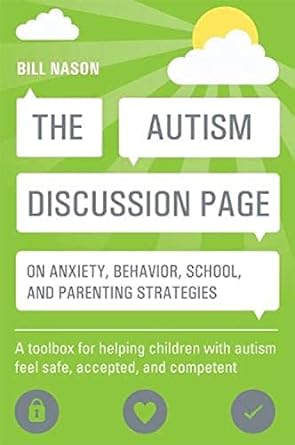
Summary:
This compassionately written book for parents is based on posts from an online community discussion page. It’s organized by topic and designed to be used as a reference book for a wide range of issues related to autistic young people in school.
Borrow by mail or pick up in person at AIDE Canada Library
Borrow eBook
Advocacy & Rights

This toolkit is a resource to better understand a child’s right to publicly funded education. It offers information related to attending school in Canada, and the pursuit of one’s right to education.
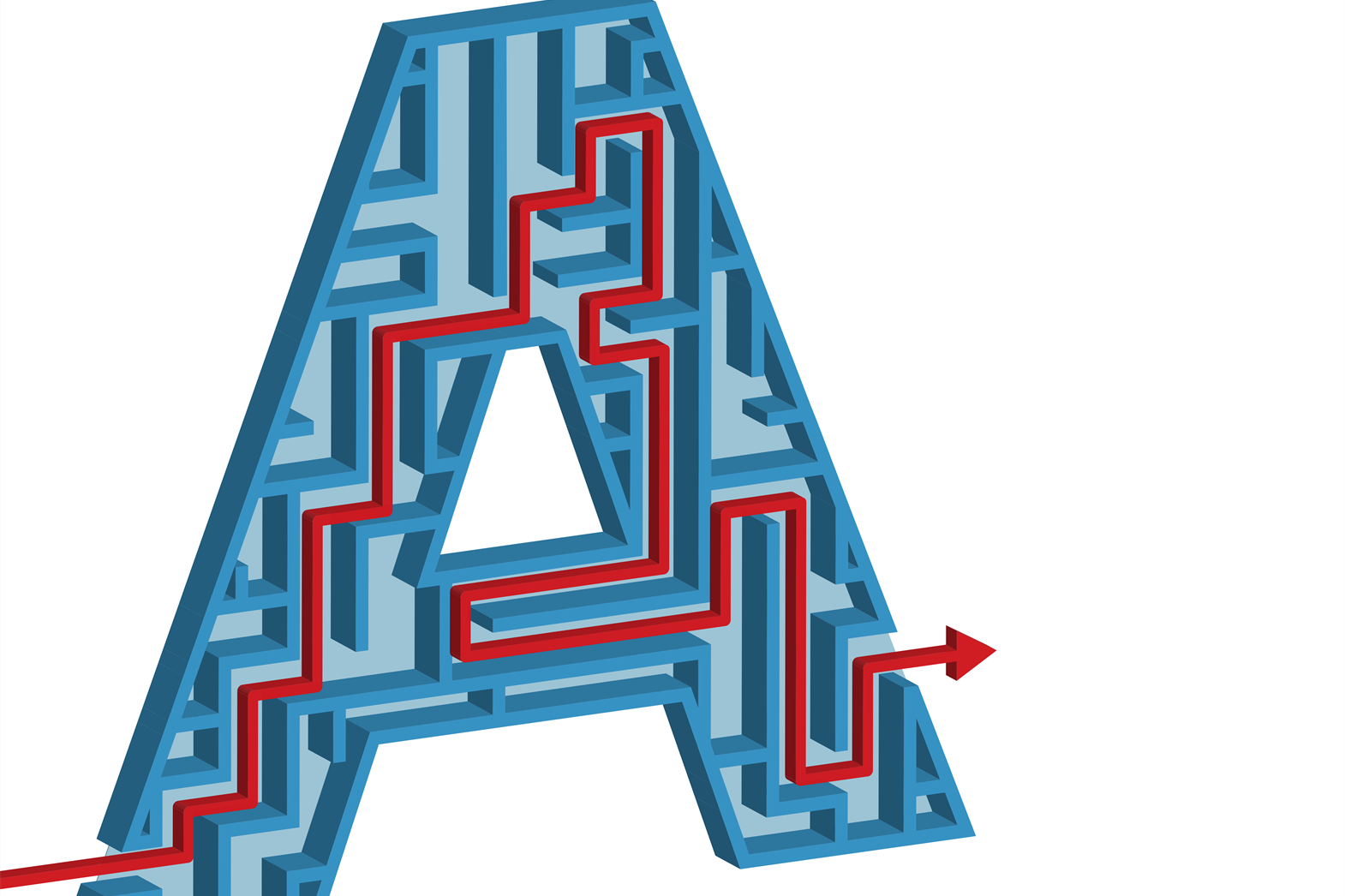
This toolkit provides information to parents regarding ways to advocate for their child's needs in school. Specific tips and strategies are offered.

These videos offer guidance on the process of revealing your diagnosis within an educational setting. They cover the methods and timing of disclosure, appropriate recipients for this information, and the potential advantages of sharing your diagnosis.
Funding

Each province and territory in Canada are responsible for setting up and running their own school system; there is no federal department or national system of education. While education services are much the same across the country, there are some differences among provinces and territories.

This toolkit provides an overview of financial assistance available to eligible post-secondary students through their respective provincial, territorial and/or federal government. All 13 Provinces and territories in Canada are discussed. This resource was developed in partnership with the Pacific Autism Family Network.

These videos provide an overview of various loans and funding options available for post-secondary education. The videos also offers advice on taking a manageable course load and balancing work alongside studies.
Explaining Autism to Non-Autistic Peers
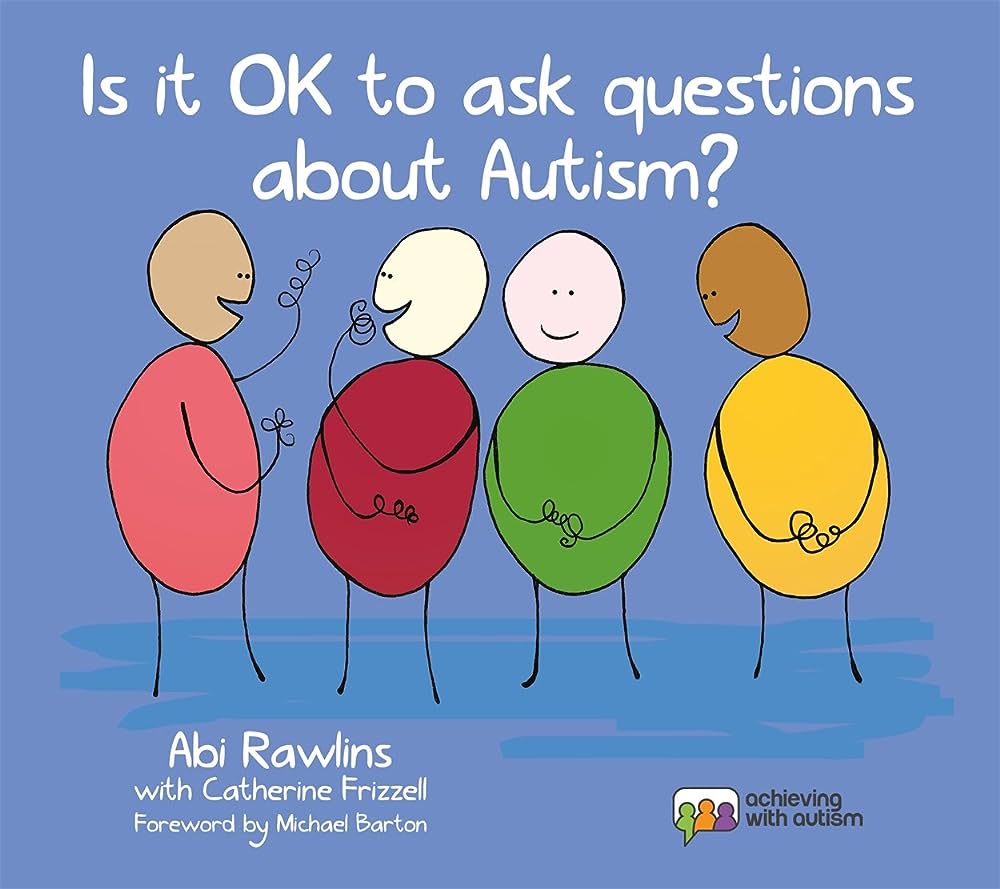
Summary:
This book is designed to encourage open conversations about autism among school children aged 5-11. It includes answers to commonly asked questions, along with guidance for parents and teachers on how to approach the topic at school and at home.
Borrow by mail or pick up in person at AIDE Canada Library
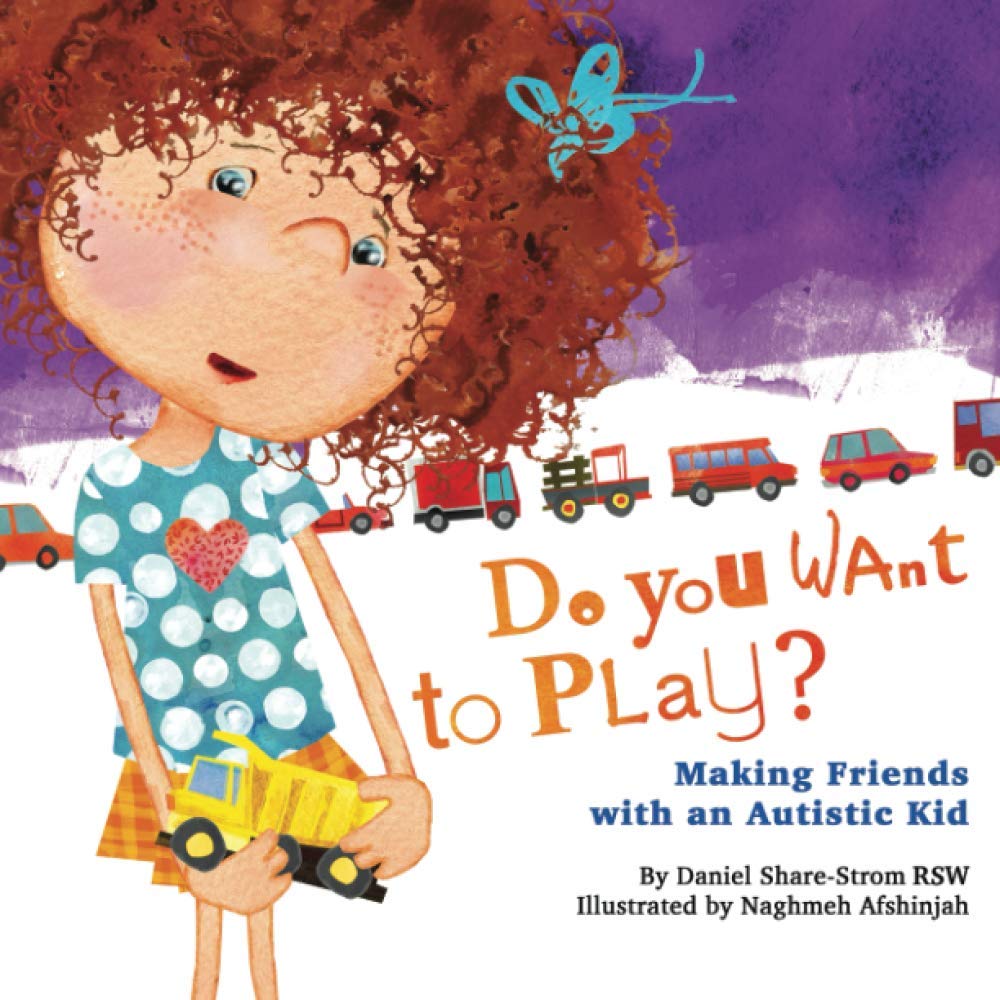
Summary:
Written by an Autistic adult, this picture book shows how neurotypical children can foster meaningful friendships with Autistic children – without expecting Autistic children to alter their behavior to fit in.
Borrow by mail or pick up in person at AIDE Canada Library
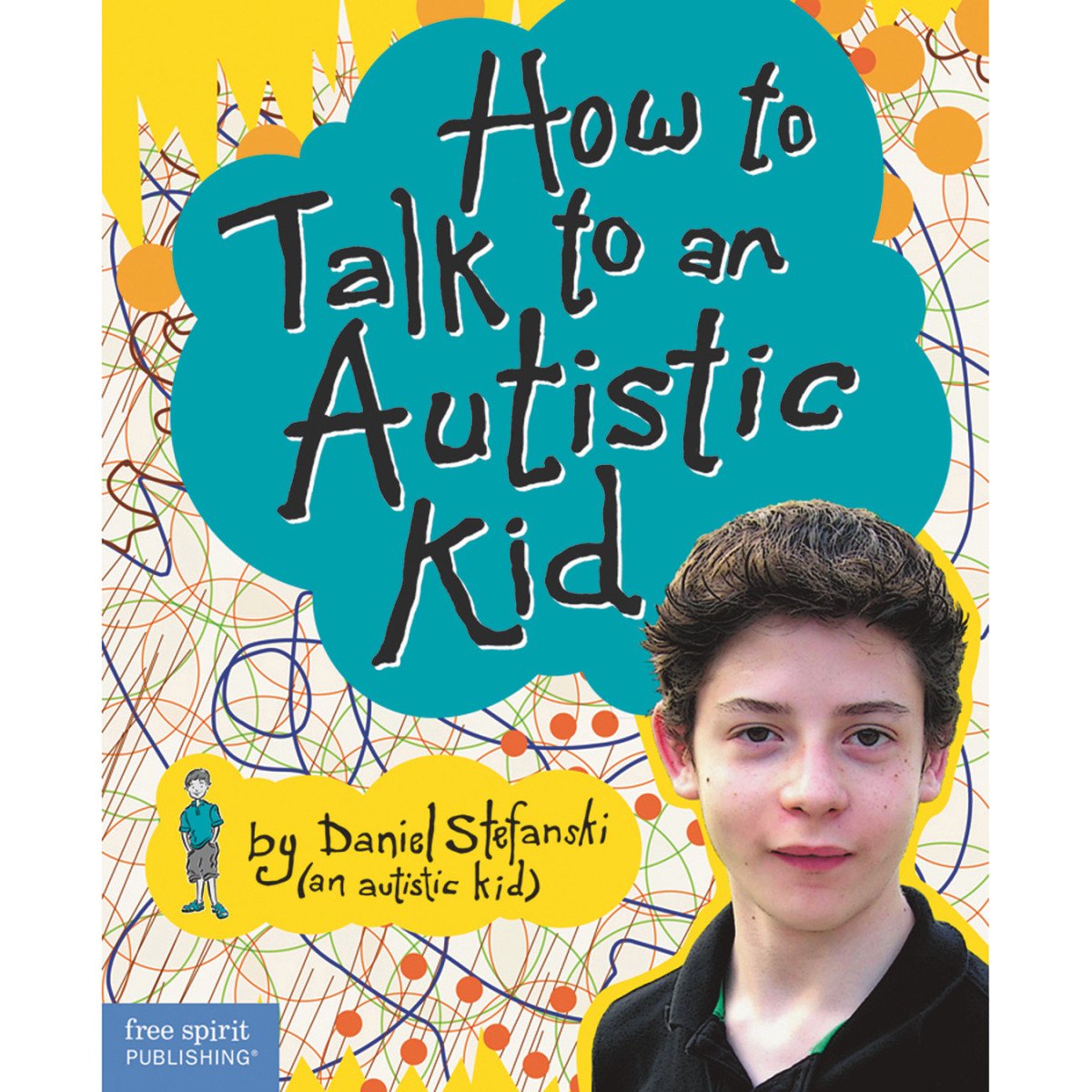
Summary:
Written by a 14-year-old autistic boy, this book provides readers with the confidence and tools necessary to befriend autistic kids.
Borrow by mail or pick up in person at AIDE Canada Library

In this video, Andrew imparts his valuable insights on the art of self-acceptance. Andrew's message revolves around the concept of acknowledging one's unique qualities and not shying away from them.
Navigating High school

The Toolkit addresses two important areas for teens: mental health and sensory issues. It offers a range of information including practical ideas and strategies. The Toolkit was written by Laura Beaune. Ms. Beaune is a social worker who has worked extensively with young people.

This Toolkit offers ideas and tips that may be useful for youth in high school. It addresses topics such as: making the most of high school, independence and organization, friendships, as well as other issues for teens such as smoking, vaping, drugs, alcohol and making good decisions. The Toolkit was written by Laura Beaune. Ms. Beaune is a social worker who has worked extensively with young people.

This Toolkit offers information that may be particularly useful for teens who are nearing the end of high school and moving toward adulthood. It includes information, practical tips and exercises under the following titles: “What You Need to Know: Facts about Teens Like Me”, “The Future: Education, Job Training, Employment and Housing”, “Independence & Organization: What’s the Deal with Executive Functioning?”, “Steps I Can Take in High School”, “Life After High School”, and “Money”. The Toolkit was written by Laura Beaune. Ms. Beaune is a social worker who has worked extensively with young people.

In this presentation, participants will learn the key differences between high school and further education settings to help them succeed after high school ends. Learning how supports, expectations and non-academic skills differ will help participants discover and prepare for further education. This presentation will focus on how to explore interests, navigate program options, access support, and create goals. High school graduates, those enrolled in further education, parents, and teachers will all benefit from this webinar.

In the video, Jordyn talks about trying to figure out how to fit in and be happy in the world. He points out that there is no one-size-fits-all way to do it and gives some tips for people who are looking to find their own way.
Post-Secondary

This clickable infographic can help you find the government college and university funding programs in your area.

This clickable infographic outlines post-secondary education supports that are available in every province and territory in Canada. You can also click the link to federal post-secondary education supports.

In these videos, the presenters talk about the art of building relationships with fellow students. They provide advice on approaches and strategies to initiate conversations with peers.
Resources for Educators

This literature review provides an overview of research on the co-occurrence of ASD and ADHD, and features quotes from a conversation with Dr. Adam McCrimmon, an autism expert and Associate Professor of Applied Child Psychology at the University of Calgary, and Dr. Emma Climie, an ADHD expert, and Associate Professor of Applied Child Psychology also at the University of Calgary.

These videos focus on locating information related to autism and intellectual disabilities. The speakers cover strategies and resources for obtaining relevant and accurate information on topics related to autism and/or intellectual disabilities.
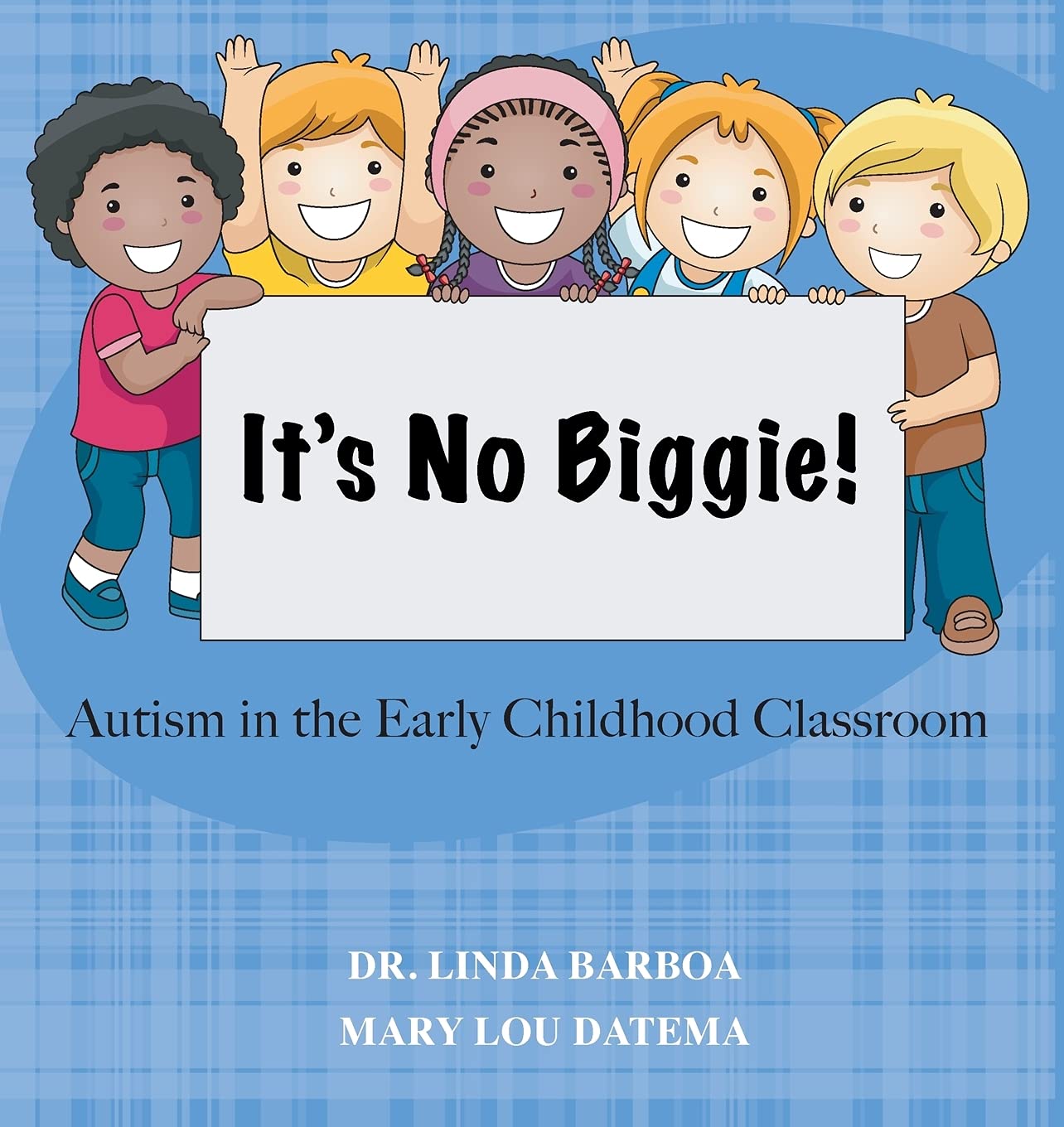
Summary:
An easy-to-read guide for teachers who work with autistic children in inclusive early childhood settings. Each short chapter includes a summary of key points for easy reference throughout the school year.
Borrow eBook
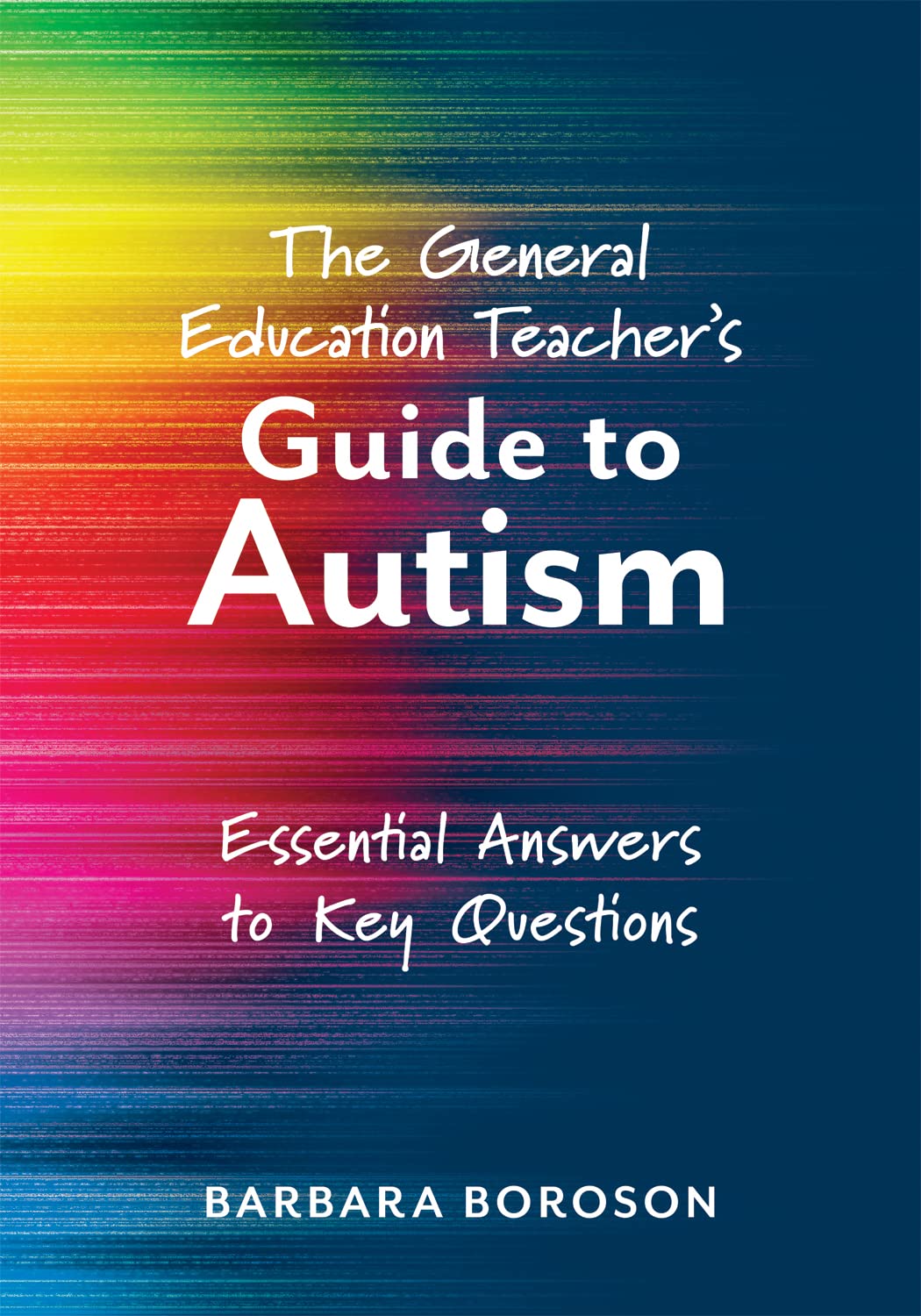
Summary:
This in-depth guide provides answers to many questions teachers may have about their autistic students. It includes strategies for boosting engagement, supporting communication, responding to disruptive behavior, and many more important topics.
Borrow eBook
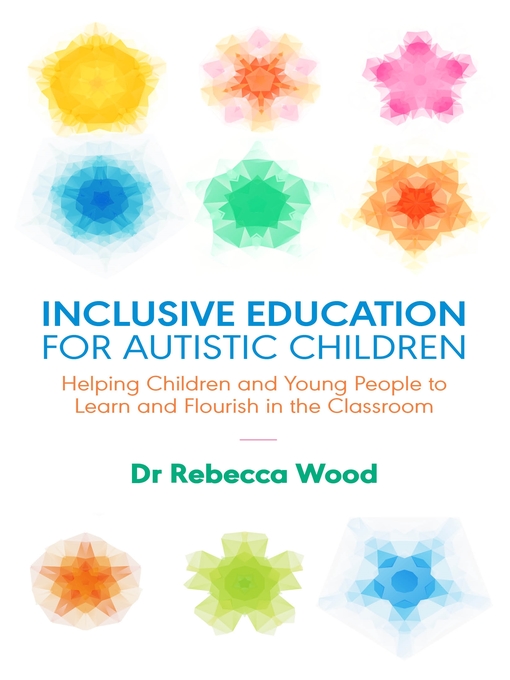
Summary:
Ready for a deep dive into issues in education for autistic children? This research-based book centers the perspectives of autistic youth and adults to explore topics including curriculum development, communication differences, socialization, and meaningful inclusion. Includes summaries at the end of each chapter.
Borrow eBook


